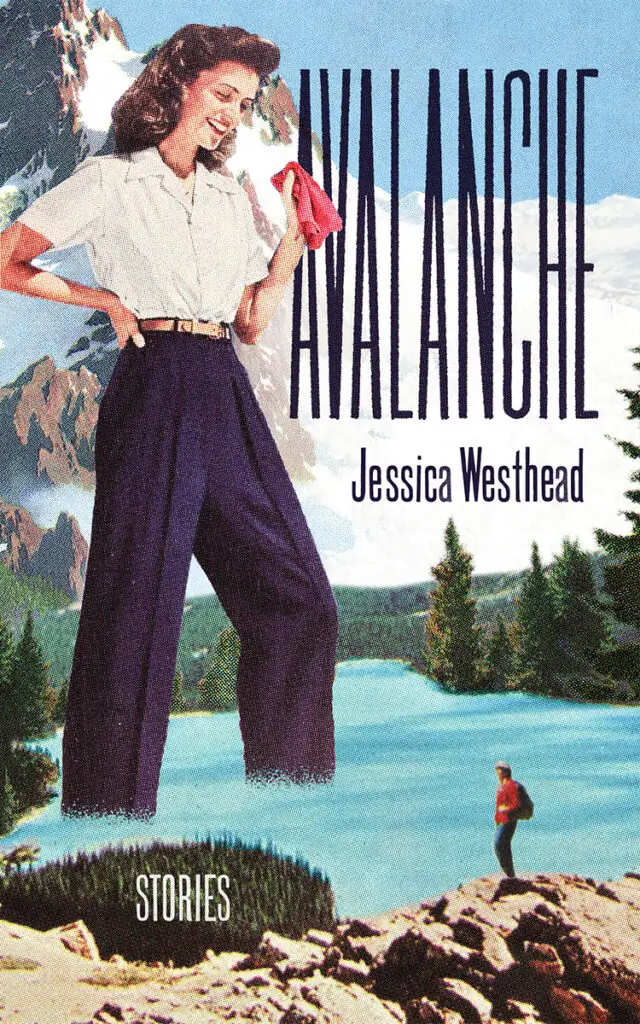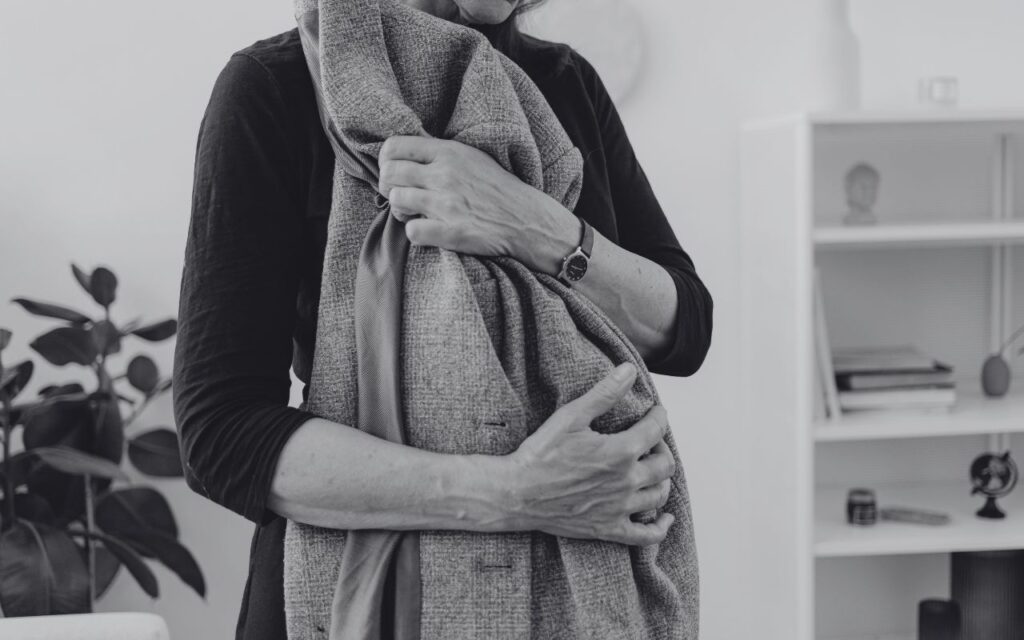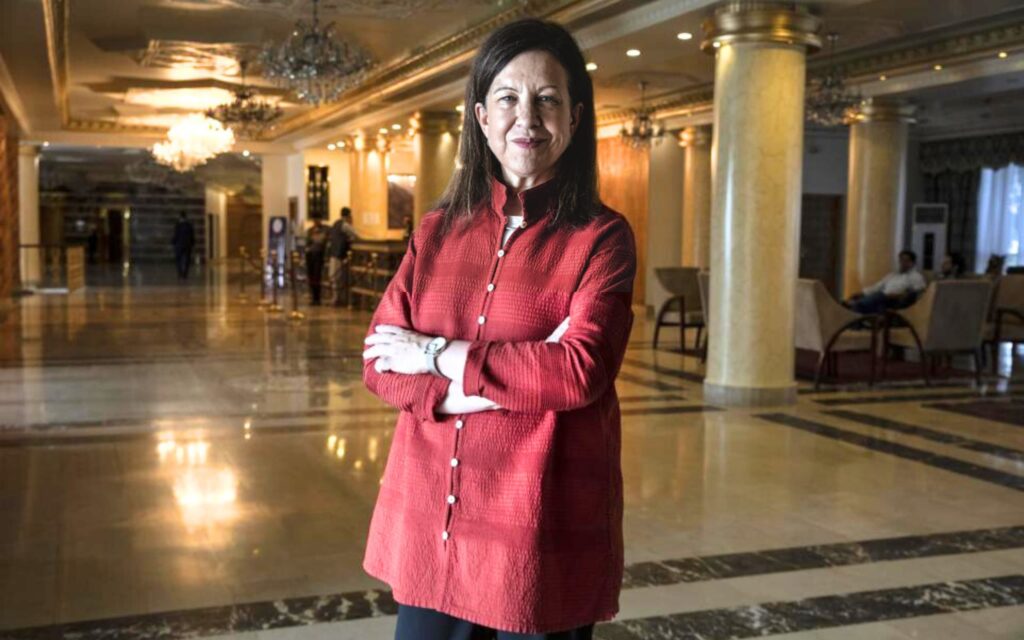
If you’ve been lucky enough to find yourself in the orbit of Jessica Westhead at some point over the years, you no doubt have a pretty good sense of what to expect from her latest collection of short stories. They’re funny, they’re smart, and they’re unapologetically political, just like their author.
That mix makes for a truly irresistible story collection. One minute you’re laughing or rolling your eyes at the cluelessness of one of her characters; the next, you’re squirming with recognition, realizing that you’ve been that person (and on more occasions than you might care to admit).
You see, one of the greatest joys of reading this collection is that you as the reader have the opportunity to see things that the characters in these stories aren’t able to see for themselves — or, in some cases, refuse to acknowledge in any way, because confronting a particular truth would force them to rethink pretty much everything about their lives.
I’m thinking, for example, about the simmering resentment that bubbles below the surface in “A Warm and Lighthearted Feeling” when the main character, Joy, demonstrates her unwillingness to have a frank and honest conversation with her husband about all the things that aren’t working in their marriage: “One of these days she’s going to sit him down and have a conversation about divvying up the household tasks more equally.” Yes, there are things they really need to talk about, but today isn’t the day: “She’ll wait until they are both in good moods and not feeling antagonistic toward each other, which she read on the Internet is the best time for that kind of conversation.” How lucky she is to be the beneficiary of all that online wisdom….
That’s not to say that these stories are light or frivolous. There’s an undercurrent of fear in many of them, particularly those that are set in the earliest days and weeks of the pandemic. How uniquely terrifying that period was, and how much unprocessed trauma and grief we continue to carry from that time. And that’s not the only type of fear that Westhead chooses to spotlight. I’m thinking of the story “Swimming Lesson,” where a child is literally screaming out for her mother to pay attention to what’s actually going on while her mother remains terrifyingly oblivious.
What makes it possible for Westhead to keep her readers reading — as a reader, you’re not merely engaged; you’re riveted — is the way she treats her characters with compassion. Yes, these people are deeply flawed, but isn’t that a key ingredient in the recipe for being human?
The emotional crescendo of “Cheryl, Are You Okay?”, where a well-meaning but ultimately ineffectual white woman tries to do the right thing without having a clue of what that right thing might actually be, is particularly poignant. “I put up the black square,” the narrator of this story tells Cheryl, a Black colleague who appears to be avoiding her. “I’m not sure if you saw it. I put it up on that day we were supposed to and then I left it up for a few days longer before I read a post from my cousin saying that the black square was not helpful although she didn’t say why, but in any case I took it down immediately. I added the rainbow filter to my profile picture on the day we’re supposed to and I don’t think there was anything wrong with that one, was there? I retweeted some things I thought might be helpful. I am using my platform to amplify voices. I am doing all of those things but I know there are more things I could be doing but I don’t know what those things are.”
That sense of wanting to do better — wanting to be better — but not necessarily understanding what that means is deeply uncomfortable, both for this character and for the reader. It’s also absolutely necessary if we’re going to get to a better place. That’s the thing I loved most about this collection — the way that Westhead hints at the possibility of a better future, one in which we are finally able to break free from all the interconnecting systems of oppressions that make everything about our lives feel impossibly high-pressure and high stakes; where we arrive at a place of actual freedom. And not just some of us. All of us.








